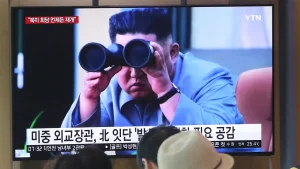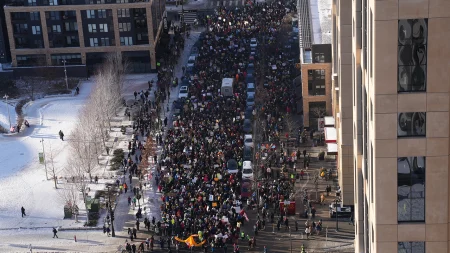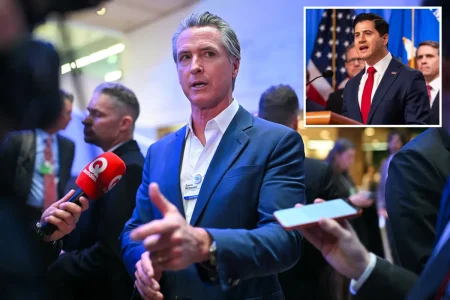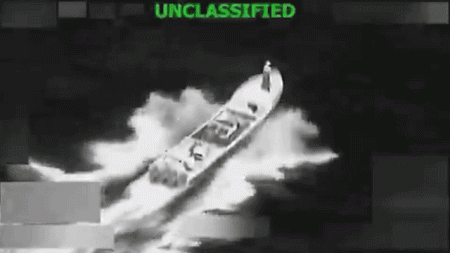Netanyahu’s Strategic Play: How the Gaza Deal Could Transform Israel’s Position
In recent weeks, Israeli Prime Minister Benjamin Netanyahu has appeared increasingly isolated and constrained in the diplomatic efforts surrounding Gaza. Facing mounting international pressure, criticism from hostage families, and fractures within his own coalition government, Netanyahu seemed to be in a precarious position with limited options. However, the emerging Gaza ceasefire and hostage release deal could paradoxically provide him with significant new political flexibility and strategic advantages.
The proposed deal, which would involve multiple phases including prisoner exchanges and temporary ceasefires, represents a dramatic shift in the diplomatic landscape. While Netanyahu has publicly maintained tough positions throughout the conflict, insisting on the destruction of Hamas and the return of all hostages, behind the scenes the negotiations reveal a more nuanced approach. Analysts suggest that despite appearances of being cornered, the prime minister may be securing a framework that aligns with his longer-term objectives. The initial phase would deliver tangible humanitarian benefits and the return of some hostages, creating political breathing room while potentially preserving Israel’s military options for the future.
Perhaps most significantly, this agreement could reshape Netanyahu’s domestic political situation. For months, he has walked a tightrope between hardliners in his coalition who oppose any concessions and the growing protest movement demanding priority for hostage returns. The deal offers something for both camps – progress on hostage returns without permanently surrendering military leverage. Moreover, it addresses the deteriorating relationship with the United States, which has grown increasingly critical of Israel’s military conduct. By demonstrating flexibility in negotiations, Netanyahu may repair some of the damage to this crucial alliance while simultaneously reducing immediate international pressure over Gaza’s humanitarian crisis.
The timing also suggests strategic calculation rather than desperation. With the American presidential election approaching and regional tensions with Iran at a critical juncture, the deal could position Israel advantageously regardless of electoral outcomes. It provides Netanyahu with diplomatic achievements to highlight while potentially preserving options for continued military operations against Hamas in modified form. Security experts note that even a partial withdrawal or repositioning of Israeli forces would not necessarily prevent future targeted operations, especially if Hamas violations could be documented during ceasefire periods.
Critics will undoubtedly view these maneuvers as cynical political calculations rather than genuine pursuit of peace. Human rights organizations have documented the devastating humanitarian toll in Gaza, with thousands of civilian casualties and infrastructure destruction that will take generations to rebuild. Many will question whether the deal represents a genuine commitment to resolving the crisis or merely a tactical pause. The families of hostages still held after initial exchanges will likely intensify pressure if subsequent phases stall, potentially creating new political vulnerabilities for Netanyahu.
However, the prime minister has demonstrated remarkable political resilience throughout his career, frequently converting apparent weaknesses into strengths. This agreement, rather than representing capitulation, may ultimately exemplify this pattern – transforming diplomatic pressure into a framework that serves multiple strategic objectives. While immediate humanitarian relief and hostage returns represent undeniable positive developments, the longer-term implications remain uncertain. What appears clear is that Netanyahu, despite months of appearing cornered diplomatically, may emerge from this agreement with expanded options and breathing room for navigating the next phases of this complex conflict. The coming weeks will reveal whether this diplomatic recalibration truly changes the trajectory of the crisis or merely represents another chapter in its painful continuation.










